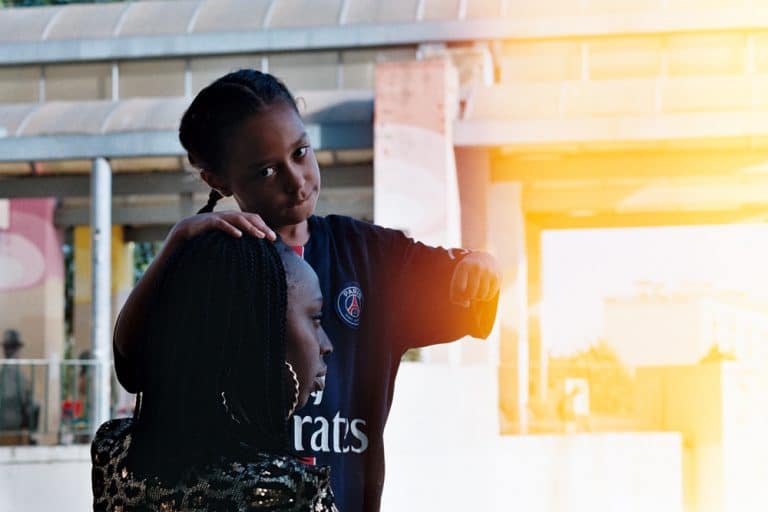How to look after your mental health as an activist during the Black Lives Matter protests
Activism isn’t easy. If you want to be in it for the long run, you need to look after yourself or you’ll burn too bright, quickly. If you don’t take proper steps to protect yourself, the graphic images that litter our feeds in the name of activism and raising awareness might do you more harm than good.
Videos like those of the last moments of George Floyd’s life and stories like that of Breonna Taylor and Tony McDade are plastered across our feeds with little to no warning or thought about the toll that these can take, particularly on black viewers. As an activist, how exactly can you look after your mental health? Here are my few tips.
One of the most harmful aspects of this type of graphic content is that it is delivered to us on social media platforms where most people usually go to relax and unwind. As you scroll through your feed, you might see an adorable picture of a corgi in a bow tie followed immediately by a video of police shooting tear gas at peaceful protestors.
As you can imagine, this is not good for your brain. We are being sent mixed messages about when it is safe to relax and when we should be alert to danger and, as a result, we find ourselves constantly on edge.
Being aware of our political climate is incredibly important, but cultivating that awareness shouldn’t come at the expense of your own mental health. In order to sustain the momentum that has built over the past few weeks, we need to be able to function day-to-day or else we risk burning out (call it a nervous breakdown if you will) and not being able to continue. Self-care and preservation should take place alongside all the hard work that needs to be done.
Strategies for protecting yourself while staying informed apply to everyone, but are particularly essential for those who are on the front lines of the movement. Organisers, protesters, educators who are propelling the movement forward need to make sure they take time to rest, as one would with any demanding day job. Treating activism like the full-time hard work that it is provides the space you need to look after yourself when it gets overwhelming.
So, here’s where you can start.
Prevention is key
The first thing you need to do is to review the places from which you are receiving breaking news. If all of it is coming from your social media feeds, you are opening yourself up to inaccurate reporting and harmful imagery that could cause you pain.
Instead, have a few news apps installed so that your breaking news is coming from reviewed and edited sources. However, do bear in mind that news outlets often have an agenda, based on where their funding and support comes from and who their reader base is. This is where social media can come in handy! Following trusted, verified commentators and activists means you can get a different perspective on the story and build your own understanding of the situation.
I also find that switching off from the sources of these stories at a certain time has made it all seem less overwhelming. At the moment, I (try to) shut off Instagram, Facebook, Twitter and any news apps after 9 p.m. and only use my phone for chatting to friends and family. This way, I teach my brain that it’s time to wind down for the night instead of obsessing over these stories right up until I go to sleep.
Coping with grief
Understanding that grief comes in many forms and that you can grieve for people you didn’t know is always helpful It’s okay to recognise that this senseless loss of life has hit you hard. As someone who has experienced personal loss very recently, these topics are bringing up a lot of tough emotions for me and I’ve found that honouring the legacy of these victims helps me come to terms with it. Donating to fundraisers for funeral costs, signing petitions and sharing resources helps channel that grief into meaningful action.
Managing your anger
Anger is one of the emotions I’ve found myself coming back to over and over. Anger at the system, but also at the individuals who let it happen—those in charge, the people posting hate and then at myself, too, for all the times I’ve seen overt and covert racism and let it go unchecked. It can also manifest itself as anger at how useless we can sometimes feel, simply because it can be hard for one person to see how they can change anything on their own.
Realise you can make a difference
This feeling of uselessness will only persist if you don’t look for ways in which you can be of use. You don’t need a massive following or a high-profile job in order to make a difference. For example, if you see a family member share a post on Facebook stating that ‘all lives matter’, you could share some resources with them in order to explain the Black Lives Matter movement.
If you don’t feel comfortable doing that, you could speak to someone you trust about how their actions make you feel or find a related cause in your local community to support going forward. These are tangible ways to be consistently useful in a fight that requires everyone, no matter how big or small.
Only once you make sure to take care of yourself and your mental health will you be ready to actively protest against systemic racism and injustice.





